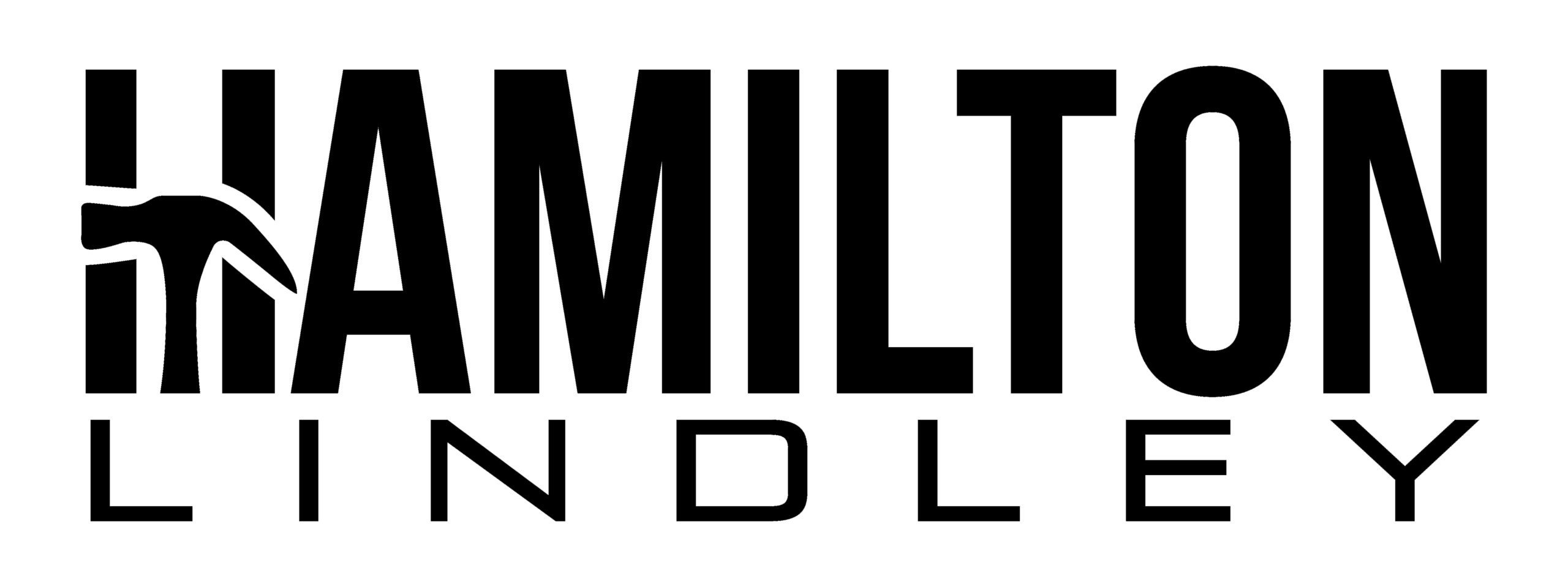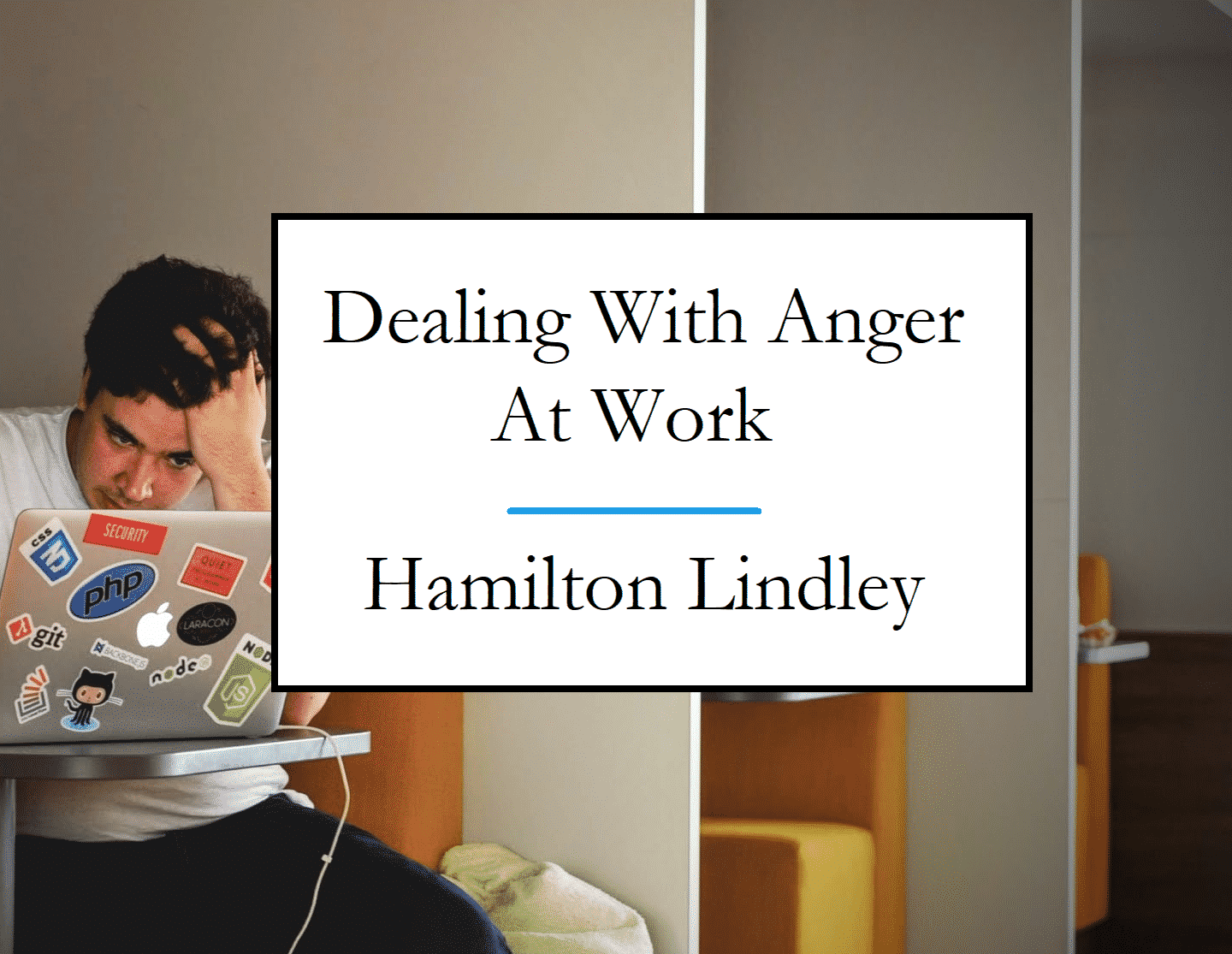I want him fired.
How is it that understanding, kind, thoughtful, rational, collaborative people like you and me are provoked by the work performance of certain colleagues that our imaginations race with ways to get them out of our lives and work – in any way possible? We dream up massive rants about why they ought to get their act together or disappear. We don’t care if they change jobs, get fired, or relocate. We only know they’re making us uncomfortable, and we want them to leave.
But what if the answer to overcoming this tension isn’t so much about them as it is about ourselves? When we are in conflict, we are quick to blame others. That accusatory attitude is fuel to the frustration fire. We must first consider our role in the dispute, no matter how insignificant, to de-escalate the problem and restore calm.
In the heat of the moment, this is the last thing we want to do. You’ve been offended and mistreated. It’s difficult to see how any of the negativity you’re feeling has anything to do with you. But we can only control ourselves. When we take responsibility for our reactions to others’ behavior, we can be productive and happy in the face of others being unpleasant. Anger tends to confine us to a single perspective on what happened. That perception becomes an open wound that refuses to heal.
How does this show itself at work? Here are a few pointers to consider.
Examine precisely what happened. There’s usually something beneath the surface when you’re troubled by something at work. Zoom out. Assess the larger context that caused you to be so angry. Consider the following: Was there something else happening in my life that impacted how I interpreted this event? Was there anything that previously happened that influenced my perception of this individual? Am I exhausted, tense, hungry, overheated, or otherwise not in my best emotional, mental, spiritual, or physical shape? Examine all external elements at work, especially those that have little to do with your opponent or the dispute.
When you feel yourself becoming irritated, remember that simply avoiding it will not help. Instead, find a healthy, self-respecting technique to vent or disarm your anger. Tell yourself that “what I’m experiencing is natural, but it’s not serving me.” Accepting your reaction rather than resisting it will help you relax and concentrate on fixing problems.
We invent stories in our heads and assume a main character position when we hardly have a role to play in reality. Our propensity to magnify every scenario leads us to fall into traps clouding our judgment. We suppose everyone is out to get us, fight to distinguish fact from fiction, and construct a narrative that confirms our assumptions and beliefs while ignoring everything that contradicts them.
Analyze the scenario from the perspective of the person who made you mad. We are inclined to believe that other people’s behaviors are motivated by personal characteristics (such as being cruel, nasty, or malicious) rather than the circumstances that compel them to do so. When you put yourself in that person’s shoes, certain aspects of their circumstance may become clear. You may understand why they acted the way they did–even if you disagree.
Examine why it triggered you. Your emotional reaction is about you instead of someone else. When I reply negatively to someone, it reflects my hurt, insecurity, or fear. When I am confident in the projects that I’m working on, my connections with coworkers, and my overall team performance, someone missing the ball on a few things will annoy me but not enrage me. Simply take the person aside, discuss what went wrong, devise processes to avoid a repeat of the incident, and keep an eye on the problem. But if I’m worried about my projects, think people dislike me at work, or I’m worried about my team’s performance, one small blunder may throw me over the brink. Instead of patiently working with a coworker on changes, I might lash out at him or try to remove the problem behind his back. So determine what underlying insecurity or fear led you to react so negatively.
You can use the SCARF method to identify the source of your trigger while you’re feeling frustrated. These cover the five dimensions of the social experience.
S – Status: Do you see the circumstance as a danger to your status?
C – Confidence: Do you have any doubts regarding your expectations or your future?
A – Autonomy: Do you feel helpless to make decisions for yourself?
R – Relatedness: Do you have trouble connecting with others because they appear unreal and inauthentic?
F – Fairness: Are you being unfairly treated in comparison to others?
Analyze your own fears. Addressing our worries is the way to be entirely free of overpowering anger in our relationships. If I’m enraged at work, the first thing I do is take a step back and assess if I’m doing my job well. The reality is that, while there are things I’d like the other person to do, there are just as many things that are completely within my power to do that I’m not doing. When I focus on what I can accomplish rather than what my counterpart isn’t contributing, I am more productive with my time. It also helps to remember that, no matter how upset I am at the moment, the world won’t end because of my colleague’s actions. Certain professional outcomes may be desired or preferred, but they are not required for a happy existence.
Communicate clearly and compassionately. You can do so if you’ve dealt with your own anxieties and know that there are legitimate issues that need to be addressed. Focus on empathetic communication for the best results. Although you may feel compelled to tell the individual how anxious and frustrated they have made you, doing so is unlikely to assist the issue and may put them on the defensive. Instead, thoroughly explain what happened and why you want things to change. Consider how “Because you made me so angry that I wanted to spit,” sounds as opposed to “Because you turned in this report late, I ended up working until 1 AM and missed my son’s soccer game to meet the deadline.” Then proceed to find a solution: “We’re a team, and I want us to get along well. Can you explain what happened so that we can collaborate on preventing this from happening again?”
Think about forgiveness. There is mounting evidence that forgiveness is beneficial to both the forgiver and the forgiven. One of the reasons we stay furious at someone is that we are constantly reminded of the minutiae of what they did to us. These specifics give the violation a new feel. Remembering them causes the original rage to flare up all over again. So don’t believe someone who claims, “I can forgive but never forget.” When you forgive someone, it makes it easier for you to forget about what they did to you–the two go hand in hand. This forgetting makes it more difficult for the violation to reactivate in your mind over time. As a result, you’re unable to produce the necessary energy to be truly upset with the other person.
You may always be cautious of them and never really trust them again, but that’s not the same as remaining angry. Even if your relationship does not improve, you will no longer be furious with them.
Will finger pointing at yourself magically transform your coworker into a productivity model and prevent future conflict? Perhaps yes, perhaps no. There have been instances when the people I work with have changed their approach and other times when it’s become evident that they’re not the appropriate fit for the job and need to be replaced. But, if you follow the methods above, I guarantee that you will be free of the negative emotional charge surrounding another person’s behavior.

